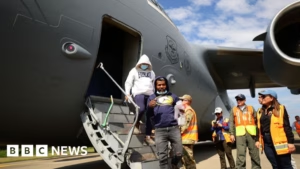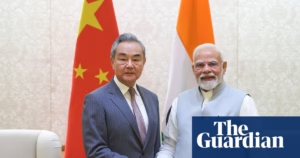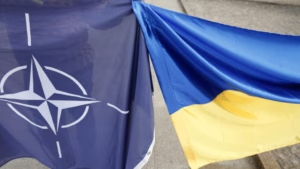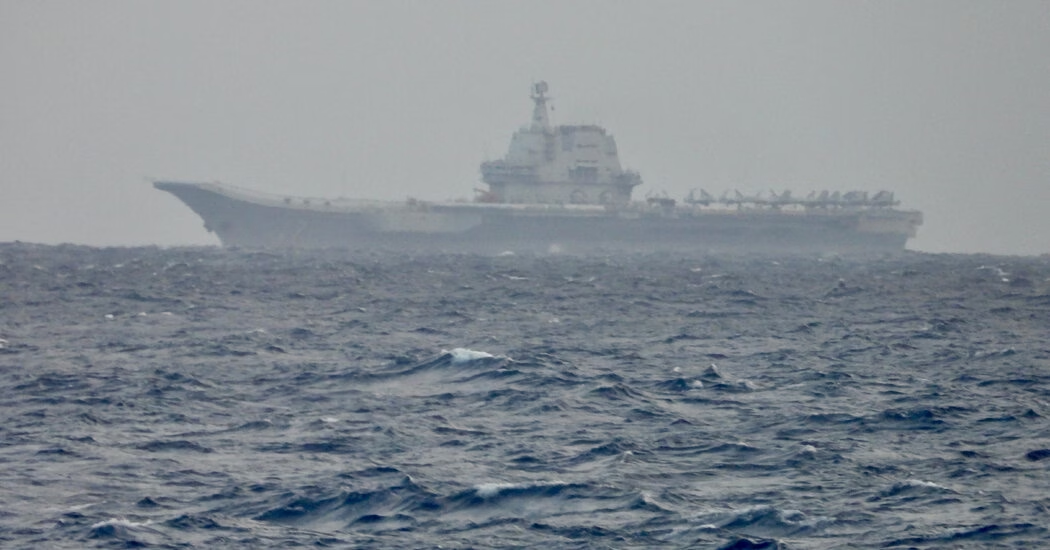China launched military exercises near Taiwan on Tuesday, which Beijing claimed was a response to President Lai Ching-te’s description of China as a “foreign hostile force.” Senior Col. Shi Yi of the People’s Liberation Army command overseeing Taiwan stated that land, naval, air, and missile forces would “approach close” to Taiwan and conduct exercises involving the “seizure of overall control, strikes on sea and land targets, and the blockade and control of key areas and lanes” at sea.
Reports from Chinese officials and state media were clear in their intention to punish Lai’s “pro-independence” provocations. Zhu Fenglian, a spokesperson for the Chinese government’s office on Taiwanese affairs, mentioned that these drills were a “firm punishment” for Lai’s actions.
The cause of the exercises was explicitly stated this time, as Beijing usually does not clarify their motives. The drills appear to be a move by Beijing to intimidate Taiwan without causing a wider confrontation. Analysts suggest that China’s leadership may also be sending a message to the Trump administration, trying to dissuade the U.S. from continuing to support Taiwan.
Despite Beijing’s threats, it remains unclear how long the exercises will last or how close they will get to Taiwan. By early Tuesday morning, 19 Chinese military vessels were operating around the main island of Taiwan, and China’s Shandong aircraft carrier had moved towards it. Taiwan’s Ministry of National Defense stated that they were closely monitoring the Chinese military, and Premier Cho Jung-tai confirmed this.
China’s exercises seem more symbolic than before, with the aim of exerting psychological pressure on Taiwan. Observers believe that this drill is also a means for China to warn the U.S. against supporting Taiwan. Amanda Hsiao, an analyst from the Eurasia Group, mentioned that the publicity around the exercise likely aims to convince the Trump administration that Lai Ching-te is a troublemaker.
The exercises’ timing is interesting, coming right after U.S. Defense Secretary Pete Hegseth’s visit to Tokyo, where he discussed strengthening military ties with Japan. Hegseth expressed the Trump administration’s commitment to maintaining a strong deterrence in the Indo-Pacific, including the Taiwan Strait.
However, China may not want to prolong the exercises unnecessarily, as it may strain their relations with the Trump administration, which is already experiencing tensions with China over tariffs. Chinese statements about the exercises did not mention the United States.
Wen-Ti Sung, a researcher and nonresident fellow with the Atlantic Council’s Global China Hub, noted that China wants to avoid appearing weak, but will likely respond with just enough firmness to maintain an “off ramp.” Taiwan’s stock market seemed unfazed by Beijing’s threats, as it still had gains on Tuesday morning after the exercises were announced.
Source: https://www.nytimes.com/2025/04/01/world/asia/china-taiwan-military-drills.html






